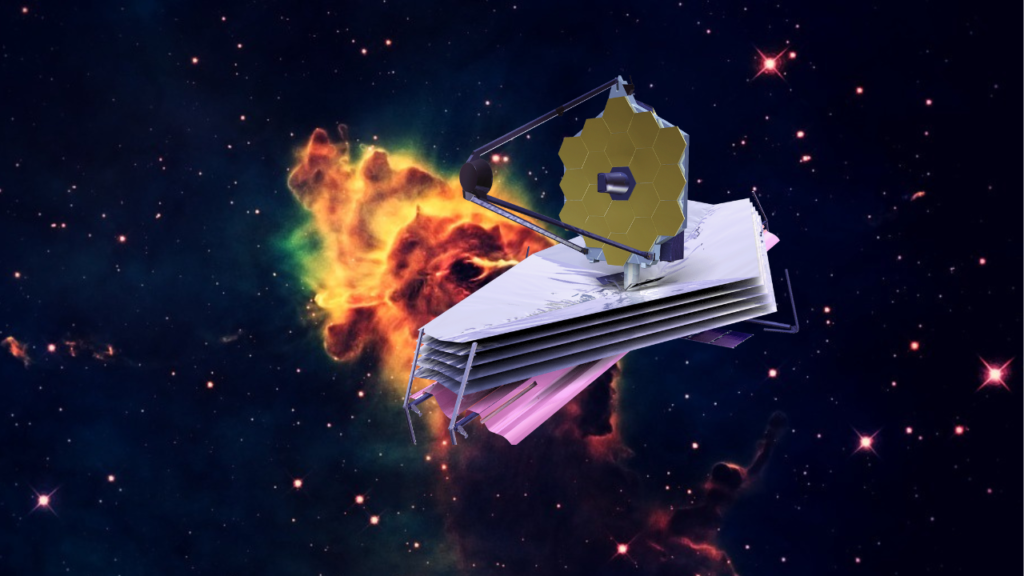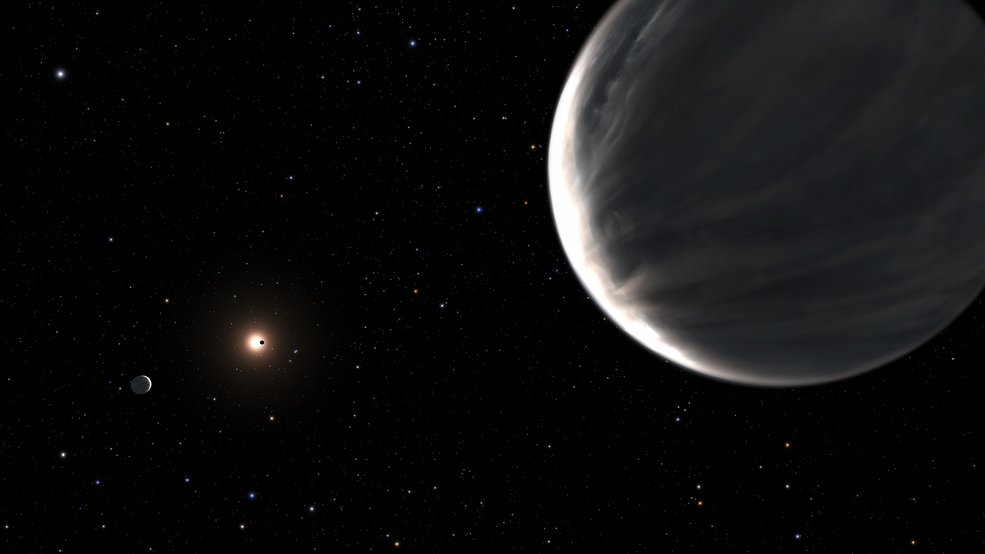In a significant milestone for South Africa’s space industry, Aerospace Systems Research Institute (ASRI) engineers have commissioned a cutting-edge suborbital sounding rocket launch facility at the Denel Overberg Test Range (OTR) in the Western Cape. Funded by the Department of Science and Innovation (DSI), this facility is the first of its kind in the country, marking the most significant piece of space launch infrastructure constructed since the establishment of South Africa’s democracy.
The new facility includes a launch gantry capable of accommodating suborbital rockets like ASRI’s Phoenix hybrid rocket, which was tested during the facility’s cold-flow propellant trial. This trial evaluated ASRI’s launch control software, ensuring smooth communication between the control room and the rocket during future launches.
Beyond Phoenix, the gantry is versatile enough to handle larger solid-propellant vehicles used in international programs such as NASA’s Sounding Rocket Program and the European Space Agency (ESA) initiatives. Suborbital rockets, which reach heights above 80 km, are crucial for conducting scientific research in regions too high for balloons and too low for satellites. These rockets provide data on atmospheric and space phenomena, such as the Earth’s magnetic field and atmospheric radiation.
Developing Orbital Launch Capabilities
Sounding rockets is an essential step in developing orbital satellite launch capabilities. These unguided rockets require precise gantry-based aiming to ensure accurate launch trajectories, which is critical for mission success. The newly commissioned gantry, equipped with state-of-the-art aiming and control systems, allows 360-degree horizontal rotation and up to 90-degree vertical positioning. This ensures pinpoint accuracy and adaptability to factors like wind direction during launches.
The University of KwaZulu-Natal (UKZN), working in partnership with TF Design Group of Companies, played a key role in testing the gantry, which was custom-built to ASRI’s specifications. With the successful commissioning of the launch facility, UKZN becomes the first university in South Africa to operate a permanent suborbital rocket launch site, further positioning the country as a leader in aerospace research and education.
Thus, this facility strengthens South Africa’s aerospace capabilities and provides a unique training ground for engineers, supporting the next generation of world-class space science and technology professionals.
Past Launches
On March 14th, 2023, the UKZN-ASRI team launched the Phoenix 1 D hybrid rocket demonstrator, which carried experimental sensors and cameras. The OTR facility successfully launched the hybrid rocket. Additionally, in March 2021, the group achieved a milestone by successfully launching their Phoenix-1B Mark IIr sounding rocket. The rocket soared to an impressive altitude of 17.9 kilometres, setting a new record for African hybrid rockets. This achievement marked a significant step forward for South African engineering and continued progress towards developing an indigenous African satellite launch capability.
The team also launched Phoenix 1C, designed for lower altitudes. The missions carried scientific payloads from multiple organisations, including the Cape Peninsula University of Technology (CPUT), the South African National Space Agency (SANSA), and a private sector partner.
Under the Space Propulsion Programme(SSP), the ASRI-UKZN team continues to develop sub-orbital sounding rockets (Phoenix) and orbital liquid rocket engine technology (SAFFIRE). This produces graduates with skills in advanced manufacturing, aerospace systems design, rocket launch operations and computational analysis.
Source: https://spaceinafrica.com/2024/10/04/asri-in-south-africa-unveils-new-suborbital-sounding-rocket-launch-facility/



